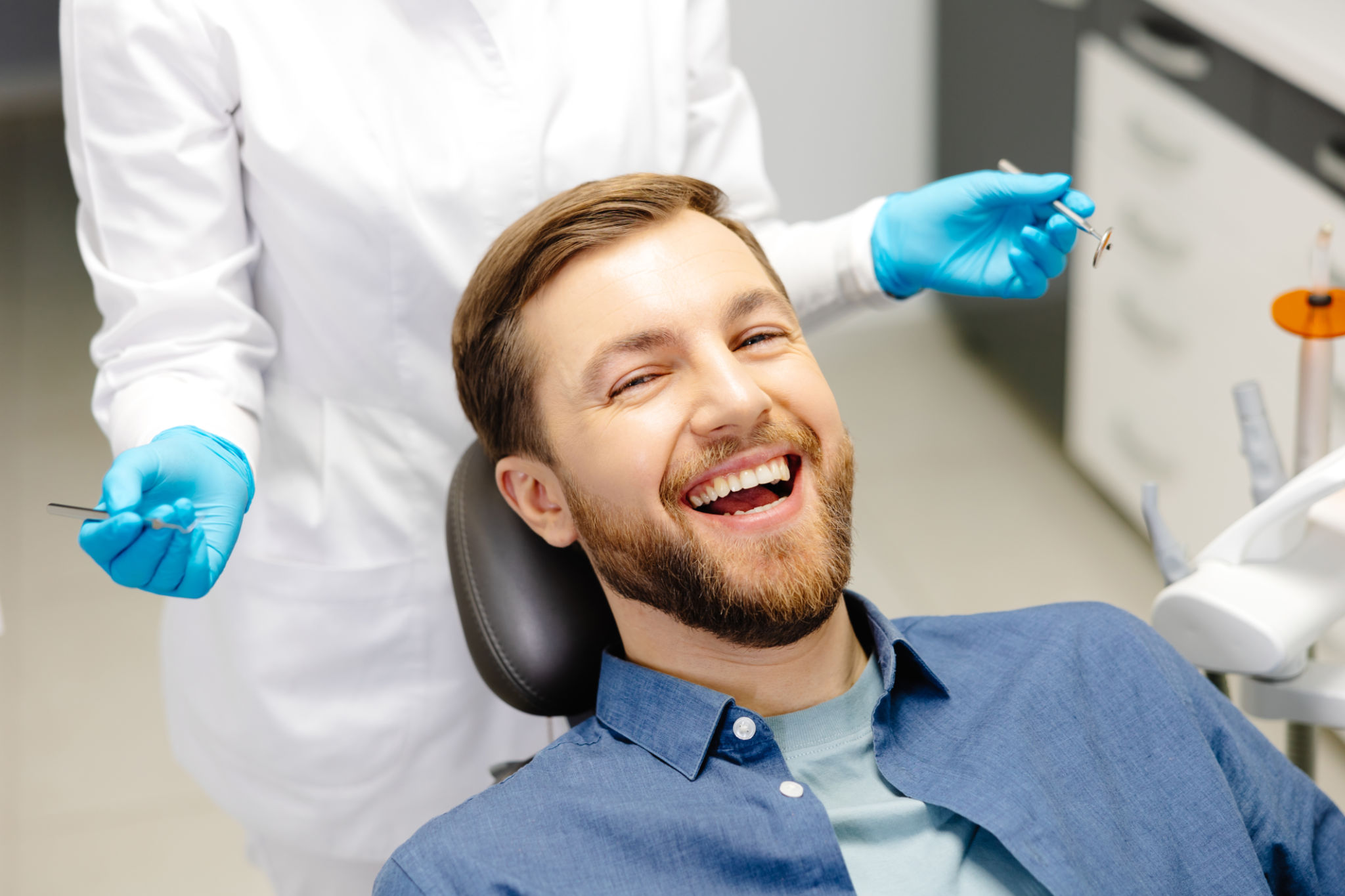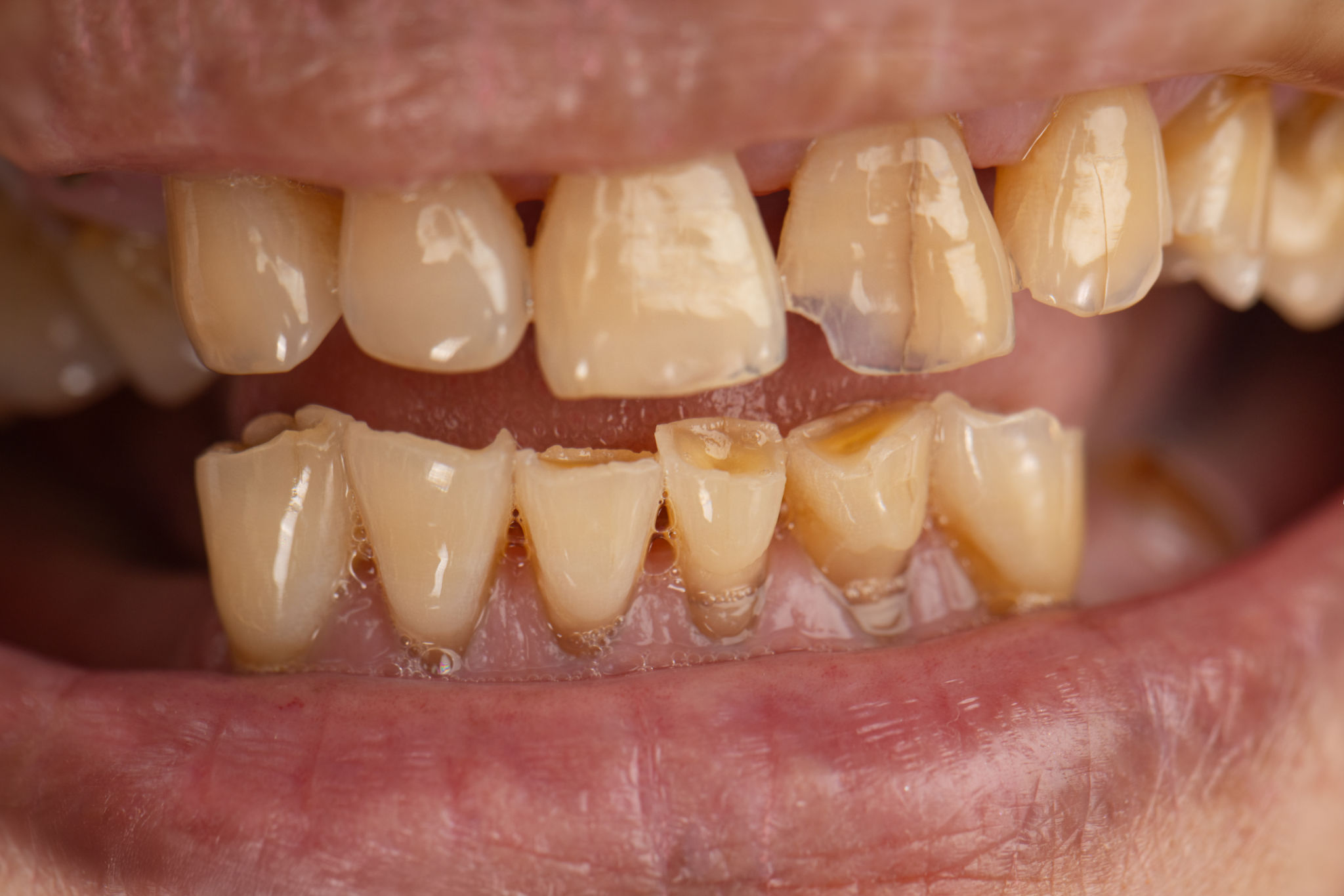DIY Dental Equipment Maintenance: Tips from the Experts
Understanding the Importance of Dental Equipment Maintenance
Maintaining your dental equipment is crucial for ensuring that they remain in optimal working condition and continue to provide accurate results. Regular maintenance not only extends the lifespan of your tools but also helps in avoiding unexpected breakdowns that can lead to costly repairs or replacements. Whether you're a professional dentist or a DIY enthusiast with dental equipment at home, understanding how to properly maintain these tools is essential.

Regular Cleaning Practices
One of the most basic yet effective maintenance practices is regular cleaning. This involves using appropriate cleaning agents to remove debris, stains, and buildup that can affect the performance of your tools. Always follow the manufacturer's instructions for cleaning products and techniques. For example, ultrasonic cleaners are ideal for intricate instruments, while simpler tools might only require manual scrubbing with soap and water.
After cleaning, ensure that all equipment is thoroughly dried before storage. Moisture can lead to corrosion and damage over time, compromising the integrity of your tools. Use a soft, lint-free cloth to dry each piece carefully.
Inspection and Lubrication
Regular inspection of your dental equipment is another important maintenance step. Check for signs of wear and tear, such as dullness in blades or malfunctions in mechanical parts. Early detection of these issues can prevent more significant problems later on. Keep a checklist of items to inspect regularly.

Lubrication is essential for dental handpieces and other moving parts. Use the recommended oil or lubricant to keep these parts functioning smoothly. Proper lubrication reduces friction, which in turn minimizes wear and tear on moving components.
Sharpening Instruments
Sharp instruments are safer and more effective. Dull tools can lead to inaccurate results and require more force during use, increasing the risk of injury. Regular sharpening of instruments such as scalers and curettes ensures that they remain efficient and precise.
Invest in a quality sharpening stone or device designed for dental instruments. Follow proper techniques to maintain the original angle and edge of each tool.

Storage Solutions
Proper storage is critical in maintaining the quality of your dental equipment. Use designated storage solutions like instrument racks or trays to keep tools organized and protected from damage. Avoid piling instruments together, as this can lead to scratches and deformation.
Ensure that your storage area is clean, dry, and away from direct sunlight to prevent damage from UV rays and environmental factors.
Utilizing Professional Services
While DIY maintenance is effective for routine care, it's beneficial to periodically consult with professionals for more comprehensive servicing. Professional technicians have the expertise and specialized tools to perform thorough inspections, repairs, and calibrations that go beyond basic maintenance.

Scheduling regular professional maintenance ensures that your equipment adheres to industry standards and remains in top condition for longer periods.
Conclusion
Maintaining your dental equipment through regular cleaning, inspection, lubrication, sharpening, and proper storage not only enhances their performance but also prolongs their lifespan. Incorporating professional services into your maintenance routine further ensures reliability and efficiency. By following these expert tips, you can keep your dental tools in excellent condition and ready for use whenever needed.
